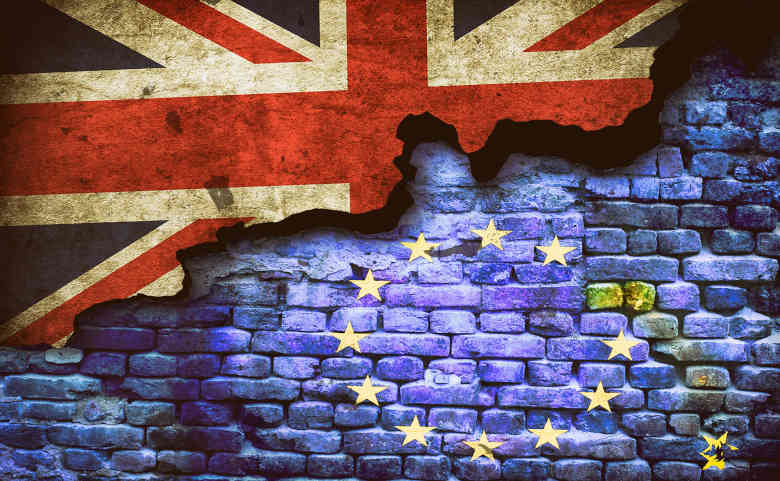CapX, May 18, Phil Radford
First year medical students are taught one great diagnostic precept: ‘Coincidence is not causation‘. That simple mantra saves millions of lives. It could also save British exports.
Data for 2021 showed that trade declined by 15-17% and Brexit got the blame. The Office for Budgetary Responsibility (OBR) said its forecasts on Brexit were confirmed by events. By November, the Financial Times proclaimed a ‘new consensus’ – Brexit was bad for trade.
Then the new data for 2022 arrived. Suddenly, matters weren’t quite so straightforward. Our exports to the EU are recovering faster than our exports to the rest of the world – even if you remove energy from the equation. More intriguing still, Centre for Brexit Policy analysis shows that our losses in exports are concentrated in just a few sectors. And – spoiler alert – these are not sectors where any analyst can blithely blame Brexit.
This sectoral approach is vital for one good reason. It highlights big, non-Brexit problems in several aspects of our trade, especially in cars, pharmaceuticals and aerospace. In short, there certainly are things to panic about in UK trade – it’s just that Brexit isn’t one of them.
So, where should analysts train their research? What are the biggest actionable challenges in UK trade?
Click here to read the piece in full.
Click here to read the report in full.

